A Fife woman has recounted her experiences of becoming the first patient treated in Ninewells with the rare ‘Brain on Fire’ illness.
Sophie Gwyther, 45, spoke to The Courier after reading our two-part interview with Dundee woman Stacey Drummond, who bravely revealed the debilitating effects of anti-NMDA receptor encephalitis.
The autoimmune disease gave Stacey psychotic episodes that included seizures and hallucinations.
Stacey was the second patient in Tayside with the illness, which was featured in 2016 Netflix the film Brain on Fire, starring Chloë Grace Moretz.
The first was Sophie, who became only the fifth person in Scotland diagnosed with anti-NMDA receptor encephalitis in 2011.
The key message she wants to send out to all health professionals who may be baffled by unexplained and sudden onset psychiatric symptoms is to consider the illness as a possible cause.
“A lumbar puncture should be carried out at the earliest opportunity as this may show infection in the cerebral spinal fluid which could give an indication that further tests are required for anti-NMDA receptor encephalitis,” Sophie said.
“This was so important because it helped discover something they couldn’t work out in my case and that other standard tests were not picking up.”
In this interview, Sophie revisits her personal “horror story” that left her “days away from not making it”.
Spooky parallels between patients
The parallels between the experiences of Sophie Gwyther and Stacey Drummond are spooky.
When the illness hit they were the same age, 33.
It also struck them down at the same time of year, February.
They also recovered enough to return to work at the same time, October.
And both owe their lives to supportive families who probed and questioned until they finally got the correct diagnosis.
Compulsions, hallucinations and seizures
Yet there is more. Much more.
Both were enjoying happy lives and the condition came as a bolt out of the blue.
Sophie was actually on a high, having recently earned a promotion at work.
She grew up in Abernyte and attended Menzieshill High School. By the time 2011 rolled around, she was living in the Cupar area, where she still resides.
Yet, suddenly, it hit her.
“Within the space of a few weeks I couldn’t talk or really walk,” Sophie said.
“I had compulsions, I had hallucinations, I couldn’t shower myself, I couldn’t feed myself. I had seizures, everything.”
They thought it was substance abuse
This list of symptoms echoes those suffered by Stacey, with the one difference being that Sophie’s memory of this period was hazy rather than lost.
For the first three and a half months, she was in and out of her GP surgery and A&E departments in Kirkcaldy’s Victoria Hospital and Ninewells in Dundee as medical experts tried to work out the problem.
She received several potential diagnoses that were all psychiatric-based. These included dissociative disorder and transient psychotic disorder.
“The way it presents is psychiatric but people need to be listening to the family if they are saying this is out of character and has no reasonable explanation,” Sophie said.
“In my case, it came completely out of the blue.
“Because doctors thought I was having a breakdown they suspected it could be drugs and alcohol and wanted to send me to rehabilitation despite me having no history of substance use.
“But my family were saying ‘this is not that, she’s fine’.”
Lumbar puncture was key
As with Stacey, the key breakthrough was the lumbar puncture, which highlighted infections and abnormalities in Sophie’s spinal fluid.
Fortunately, a doctor at Ninewells was aware of anti-NMDA receptor encephalitis and sent her for a test.
She then spent the next three months in the same Ninewells neurological ward that hosted Stacey 11 years later.
And it was discovered that they both had the same trigger – a tumour on the ovary.
The treatment was also very similar. Sophie was given steroids, had surgery, had a plasmapheresis and was put on mycophenolate, an immunosuppressant.
‘Horror story’ of being unable to eat
One notable difference was that the treatment increased Stacey’s appetite but had the opposite effect on Sophie’s.
Because of her agitation, she was given large doses of anti-psychotic medicine haloperidol.
“I couldn’t eat,” Sophie said. “My liver was failing and I was days away from not making it.”
She says she felt “locked into her body” during the ordeal.
“It’s so difficult to diagnose because it is so rare, and it is such an awful, traumatic illness,” she said.
“You can’t imagine; it is like living through a horror story.
“It’s about listening to the people around the person who know that a psychiatric diagnosis doesn’t make sense.”
Thankfully, Sophie is now fully recovered. With the benefit of 11 years, she has a depth of hindsight.
“It was one registrar at Ninewells who had heard of the illness who was able to move towards diagnosing me,” Sophie said.
Patients eventually go into a coma and die
“That made the difference between life and death because it’s highly likely I wouldn’t have made it had they not diagnosed me. Time is of the essence with this illness.
“The disease progresses to what myself and Stacey had, but eventually it affects your heart and lungs, and people can go in a coma and they die.
“A high percentage of people who survive can be left with permanent neurological damage.
“If it goes undetected people could be dying and they don’t know what has caused it.”
After her initial recovery, Sophie was helped by a Facebook support group.
Given the disease was only named four years before her diagnosis, it is perhaps unsurprising that in 2011 there were only 300 people in the group.
Rewarding life after recovery
“There’s thousands of people on it now so it’s not actually that rare,” she said.
Sophie has had a rewarding decade since the illness.
She became a Zumba instructor and has achieved feats in running, including completing a marathon.
Her current job is a lead officer at the Dundee health and social care partnership, where she works in public protection.
“Having the illness has helped me in this role,” she said.
“While I went through a different type of trauma to our clients, it still gives me an understanding of how it feels to go through something very difficult.
“Even 11 years on I never take my health for granted.
“What I went through has made me appreciate life so much more.”
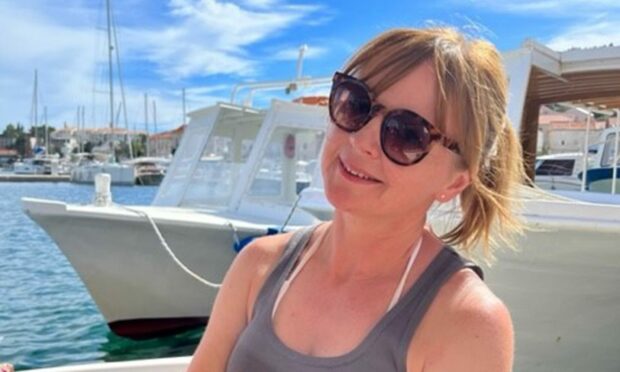

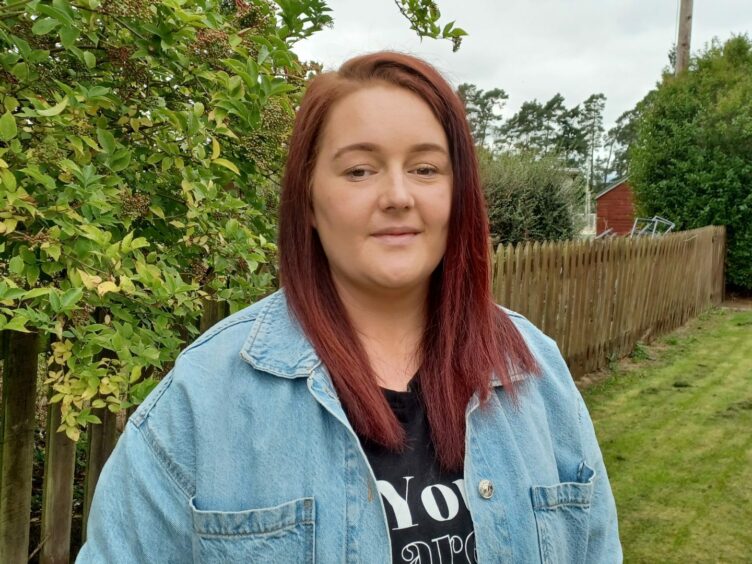
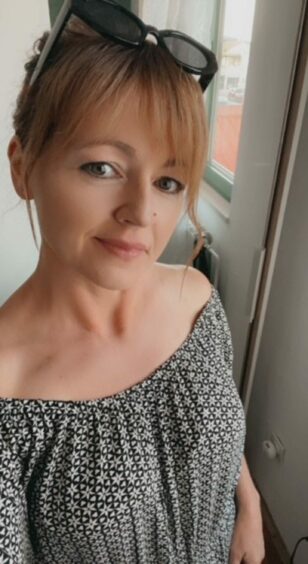

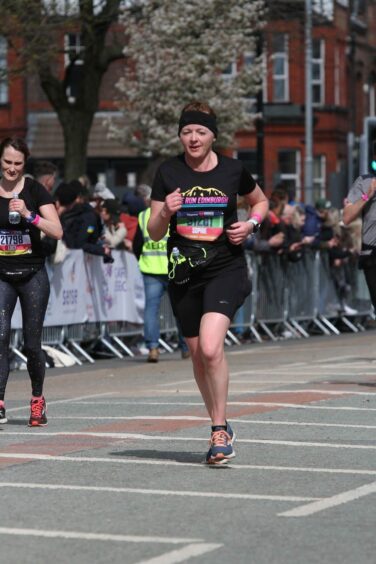



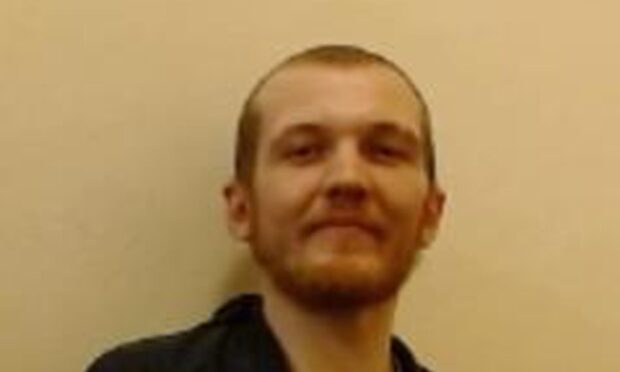
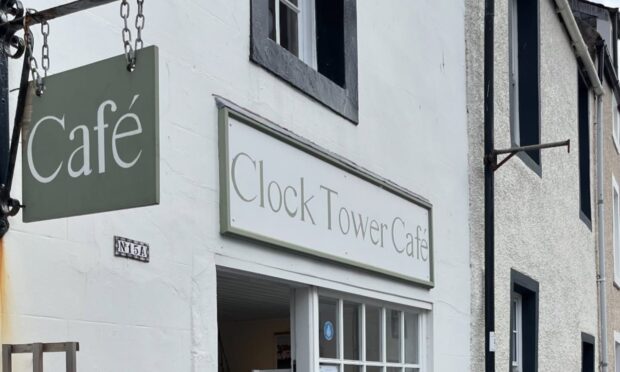

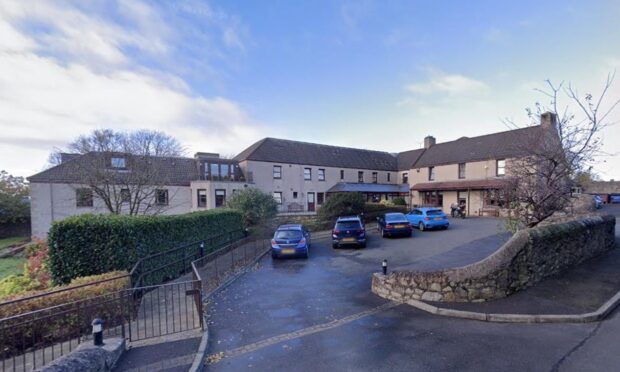



Conversation